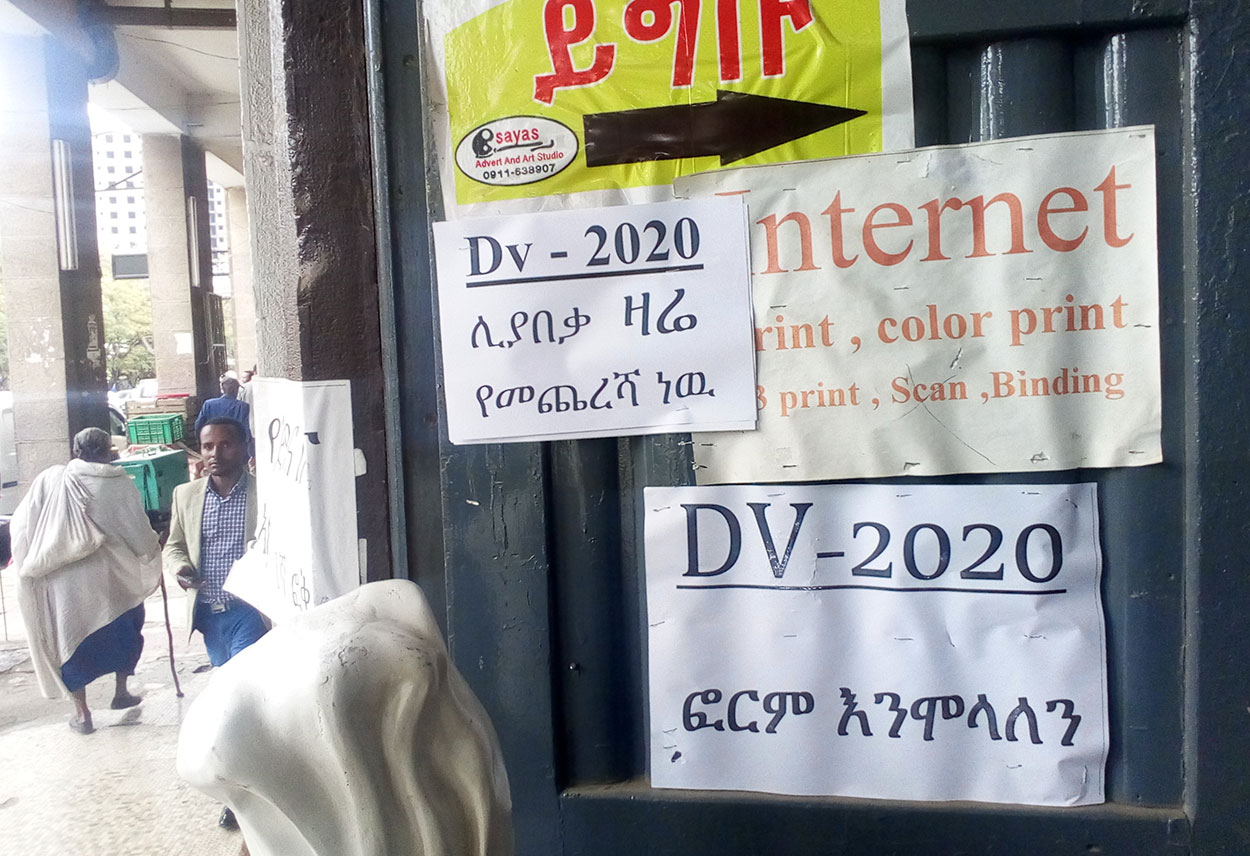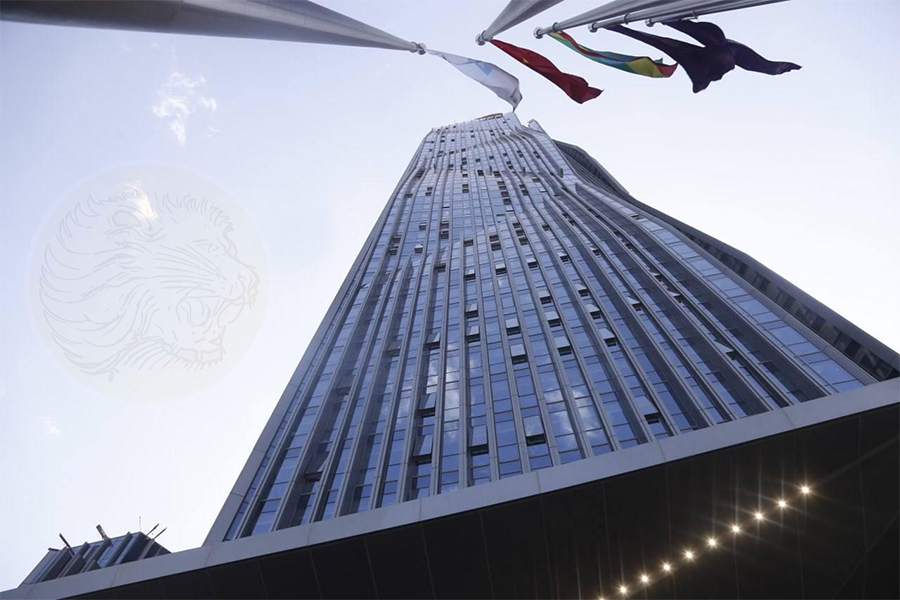
Fortune News | Nov 03,2024
Ethiopia's horticulture, a major source of foreign currency and employment, is facing harsh realities that have resulted in potentially hundreds of millions of dollars lost. Investors across the sector are raising concerns, and the government is looking to address them with a new strategy.
State Minister Sofia Kassa (PhD) identified shortcomings on both sides, with investors underdeveloping 400hct of land in the Oromia, Tigray, and Amhara regional states due to internal conflicts, lack of infrastructure, and insufficient expertise. This underperformance is estimated to have cost the country 14 million dollars. Only 117 cold trucks are currently available for transporting fruits and vegetables, of the 1,317 trucks needed. The shortage is due to factors such as difficulties in importing duty-free vehicles, a recent ban on fuel-powered vehicles, and a lack of rental services.
"It's impacting the quality of perishable produce," she said.
Security concerns, underdeveloped power grids, and poor road conditions are further hindering businesses. A total of 155hct of land in the Amhara Regional State could not be transferred to investors in the last six years, which resulted in a potential 138.9 million dollars loss.
Exporters have been undermining quality.
A staggering 500 million Br gap for fruit and vegetable producers is hindering exports and impacting employment opportunities.
About 1.9 billion Br worth of assets, technology, and infrastructure have been damaged, leaving 780hct of land unused.
Sisay Damtew, deputy head of the Amhara Land Bureau, echoed these concerns.
"We need help," he said.
The industry's struggles are exemplified by Fri-EL Ethiopia Farming & Processing Plc, an Italian-owned company. The company, which spans 3,000hct, faced major issues including being unable to import 24 vehicles stranded at Djibouti ports, and incurring demurrage costs of 100,000 dollars for a vehicle. Fasika Seyum, business operation manager, said there were difficulties due to duty-free clearance and an electric vehicle-only mandate.
For Abyssinia Horti Plc, operating in the Kunzila area, Amhara Regional State, on a 100hct farm, operations came to a halt two months ago. Abeba Derba, the farm manager, said something has to be done to alleviate the problem.
Despite the promising potential, Ethiopia's horticulture exports have seen a concerning decline. This year's revenue dropped by 22pc to 535 million dollars, marking the first such decrease in over a decade. Flowers continue to dominate exports at 86pc, while vegetables and fruits lag far behind.
Last week, two documents were presented by senior management from the Ministry of Agriculture with senior officials, including Minister Girma Amente (PhD), in attendance. State Minister Sofia addressed the quality issue as a key factor hindering growth.
"Exporters have been undermining quality," she told Fortune, highlighting the strict quality standards of major export markets like Europe and the U.S. This raises concerns about Ethiopia's ability to compete effectively in the international fruit and vegetable trade.
To address this challenge, the government has finalised minimum price thresholds for exported fruits and vegetables. This aims to regulate market prices and potentially incentivise higher-quality production.
However, resolving the wider issues in the horticulture sector requires a multi-pronged approach. Sofia emphasised the need for collaboration between federal agencies like the Ethiopian Electric Utility, the Ethiopian Road Administration, and the Amhara Investment Board. Improved infrastructure, reliable power supply, and a supportive investment environment are all crucial to creating the conditions necessary for high-quality fruit and vegetable production.
Ethiopia's struggling horticulture industry faces a double whammy: low productivity and staggering post-harvest losses, according to the Food & Agricultural Organisation of the United Nations (UNFAO). Over 40pc of harvested produce goes to waste.
Officials have unveiled a 10-year Horticulture Strategy to address these issues. This ambitious plan comes amidst declining export revenues, quality concerns, and low productivity. The strategy seeks to unlock the vast potential of Ethiopia's diverse crops by attracting 24.5 billion dollars in investment over the next decade. It has ambitious goals to increase the horticulture sector's contribution to GDP from 4.5pc to 12pc, while also slashing post-harvest losses to 20pc.
To compete on the global stage, the strategy looks to boost exports by tenfold to 3.3 billion Br annually within a decade. This growth will be driven by a shift towards higher-value fruits and vegetables, with the ultimate aim of completely replacing horticulture product imports. Officials hope to double domestic fruit and vegetable consumption from 50Kg to 102Kg per person and create two million new jobs in the sector.
While the strategy outlines ambitious goals, agricultural economist Bezabign Mena from Haramaya University cautions that addressing fundamental issues is crucial for success. Low productivity is a major hurdle, according to Bezabign, stemming from rising input costs, frequent conflicts, and logistical challenges.
"It's a vicious cycle," he told Fortune.
Ethiopia's yields are among the lowest globally, he highlights, attributing this partly to limited technology adoption and poor management practices. Bezabign also underscores the importance of security, stating "Peace and security is a critical concern." He emphasizes that resource mobilisation efforts should empower farmers, particularly smallholders, to create a sustainable foundation for the sector.
PUBLISHED ON
Jul 21,2024 [ VOL
25 , NO
1264]

Fortune News | Nov 03,2024

Fortune News | Jun 10,2023

Radar | Nov 16,2019


Fortune News | Jan 16,2021

Fortune News | Jan 30,2021

Featured | Dec 22,2018

Editorial | Nov 13,2021

Radar | Dec 28,2019

Addis Fortune | Jul 03,2025

Dec 22 , 2024 . By TIZITA SHEWAFERAW
Charged with transforming colossal state-owned enterprises into modern and competitiv...

Aug 18 , 2024 . By AKSAH ITALO
Although predictable Yonas Zerihun's job in the ride-hailing service is not immune to...

Jul 28 , 2024 . By TIZITA SHEWAFERAW
Unhabitual, perhaps too many, Samuel Gebreyohannes, 38, used to occasionally enjoy a couple of beers at breakfast. However, he recently swit...

Jul 13 , 2024 . By AKSAH ITALO
Investors who rely on tractors, trucks, and field vehicles for commuting, transporting commodities, and f...

Oct 18 , 2025
The political establishment, notably the ruling party and its top brass, has become p...

Oct 11 , 2025
Ladislas Farago, a roving Associated Press (AP) correspondent, arrived in Ethiopia in...

Oct 4 , 2025
Eyob Tekalegn (PhD) had been in the Governor's chair for only weeks when, on Septembe...

Sep 27 , 2025
Four years into an experiment with “shock therapy” in education, the national moo...